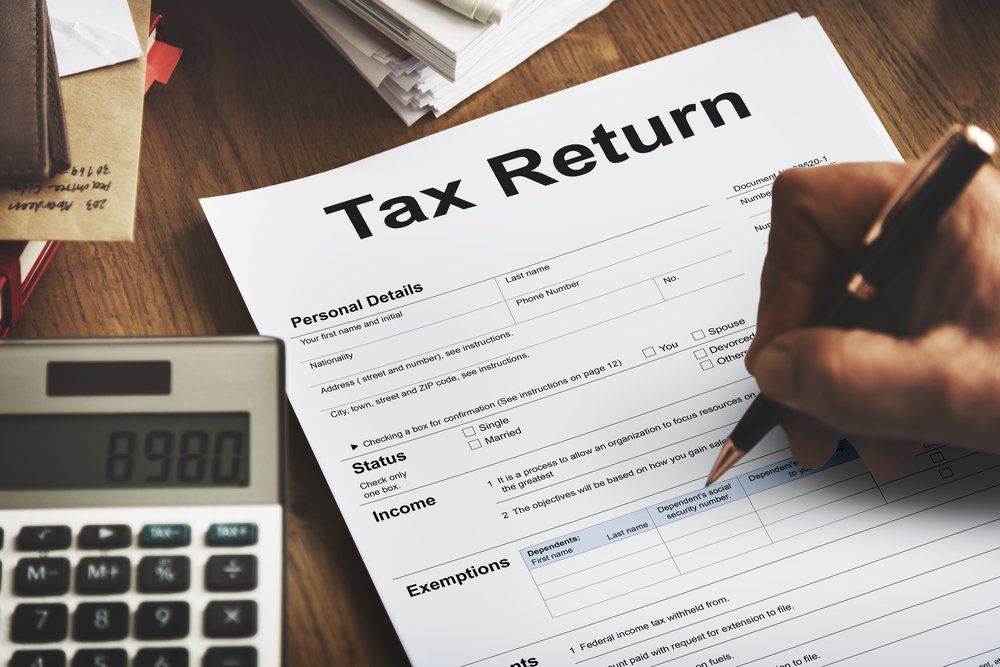Fastest Ways To Submit A Florida Tax Return
There are many ways to file your Florida tax return, including by paper, online, or using your credit card. But what is the fastest way to file a tax return? How do you avoid a filing penalty? Follow these tips to submit your return quickly and correctly. The deadline for filing your return is the first business day after the due date, so don't wait until the last minute. If you're concerned about time, you can always opt for electronic filing or use a tax software.
File Electronically
The state of Florida requires that businesses file their sales tax returns electronically. Generally, sales tax returns are due on the 20th of the month following the reporting period. If a business fails to file its sales tax return by the 20th of the month, it will be considered late. However, if the 20th falls on a weekend, federal/state legal holiday, the return will be considered timely.
Filing your sales tax return electronically in Florida is simple and easy. If you have a sales tax permit issued by the state, you must submit your sales tax return on the required date or risk having your tax bill reassessed. Even if your sales tax return is zeroed out, you must file it. In some cases, filing your sales tax return in Florida may be waived. However, if you experience an unusual circumstance that prevents you from filing, the state may waive the penalty.
File On Paper
In Florida, it's a good idea to file your tax return on paper if you have a small business. You can do this in two ways. Either you can use the online version of the form, or you can file a paper version. Either way, you'll need to file a Florida tax return by the due date, as long as you're not more than $20k in revenue.
To avoid late filing penalties, file your tax return by the due date. You'll be penalized by 5% per month after the due date, up to a maximum of 25%. To avoid this penalty, file your return with a postmark on or before the extended due date. Then, pay the balance over a period of 72 months. If you don't have the money to pay the entire balance, you can arrange for an installment payment plan.
Use A Credit Card
Using a credit card to pay your taxes can be convenient, but it can also leave you in a financial bind. Credit card companies generally charge an APR of 17% or more, which can add up to a lot of money in annual fees. Also, paying taxes with a credit card negates any rewards you may have earned through reward programs. Use your card only when you have the cash on hand.
It is important to remember that credit card companies will charge you a fee for this service. The fee may seem minor when compared to the savings you will get from using a credit card. Remember that the 0% APR introductory period is only for a limited time, so you should plan accordingly. If you do use a credit card, always remember that you must pay off the balance before it expires.
Use A Tax Software
When filing taxes in Florida, businesses should be aware of the deadlines and penalties that can be applied for failure to file by the due date. Florida imposes penalties and interest on late filing. For every month that a business does not file its returns on time, it will be charged a penalty equal to 10% of the tax owed and a $50 late filing fee. Failure to file by the deadline will result in a late filing fee, even if no taxes are owed.
A well-designed tax software can help you save time and money. If it is complicated to use, you'll be frustrated by errors that will cost you money. It's best to look for programs that have clear labels, generously sized text, and intuitive navigation. Bugs are a big no-no, but they're easy to overlook. If you're unsure whether or not a tax software will work for you, check out the reviews online.



